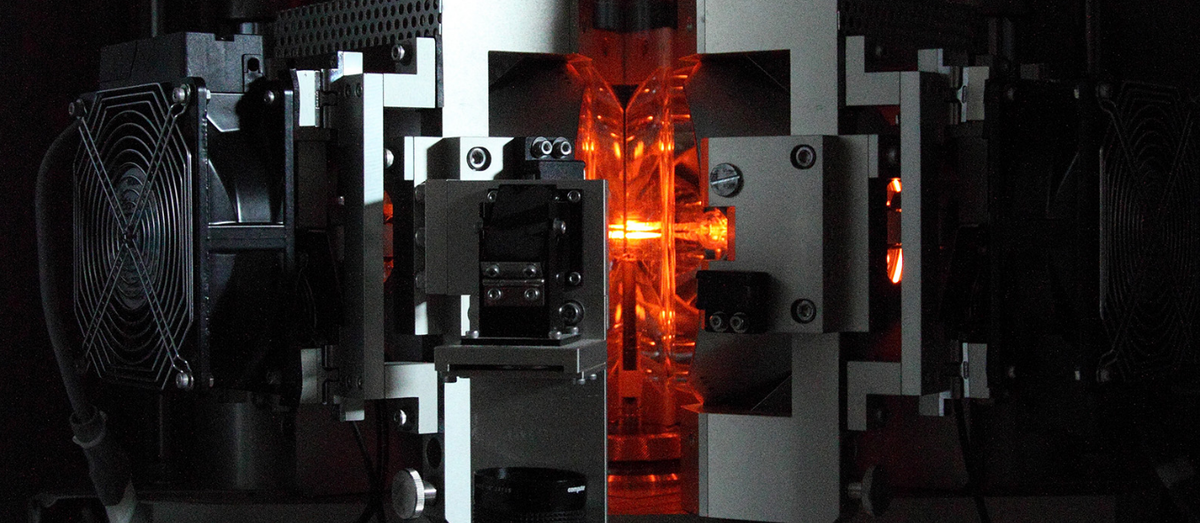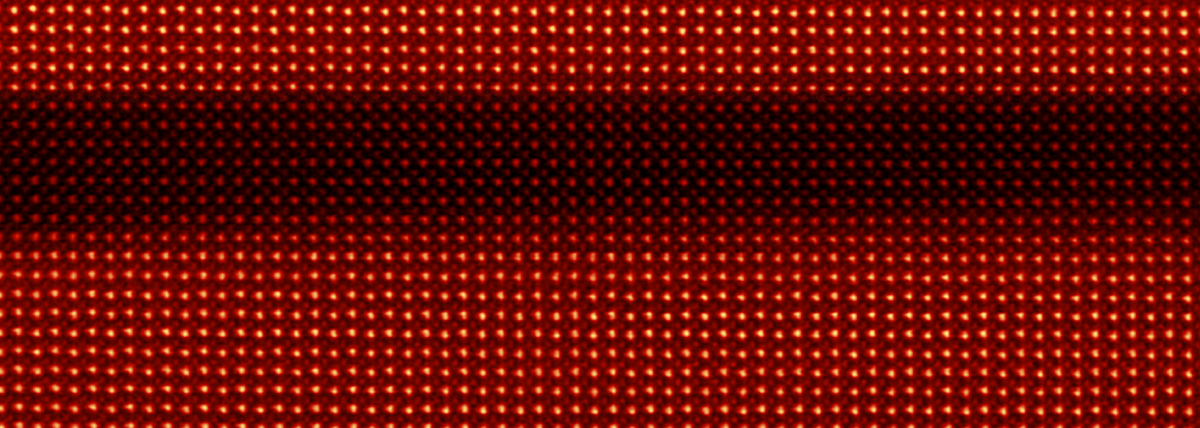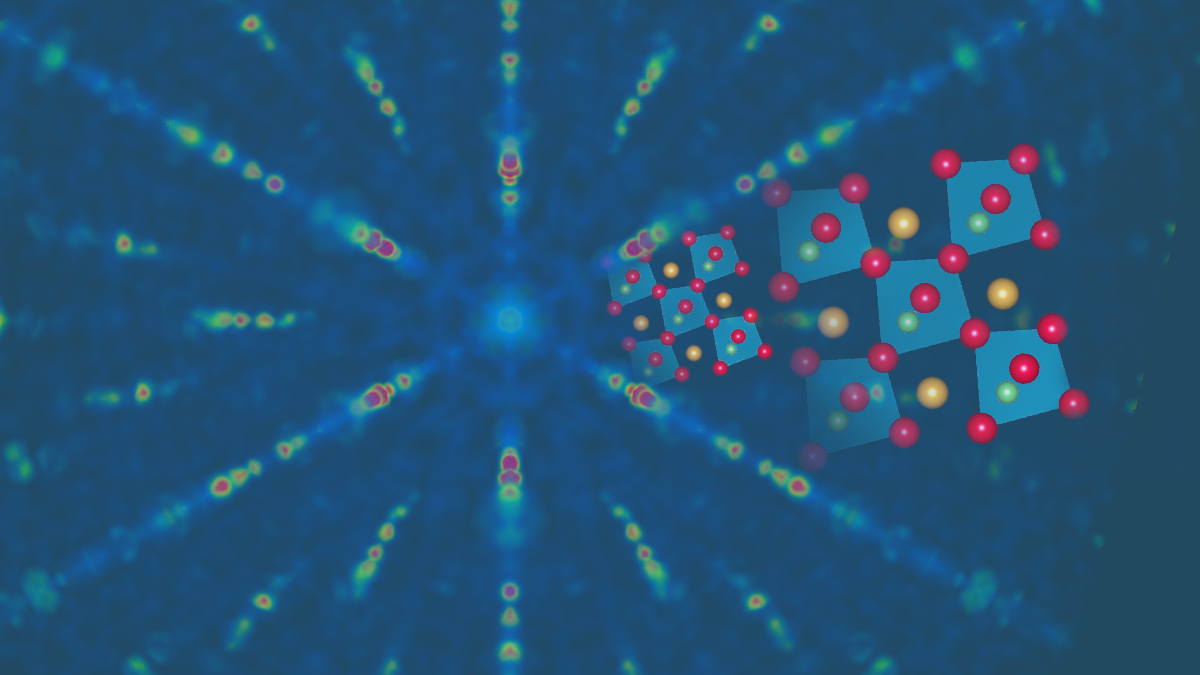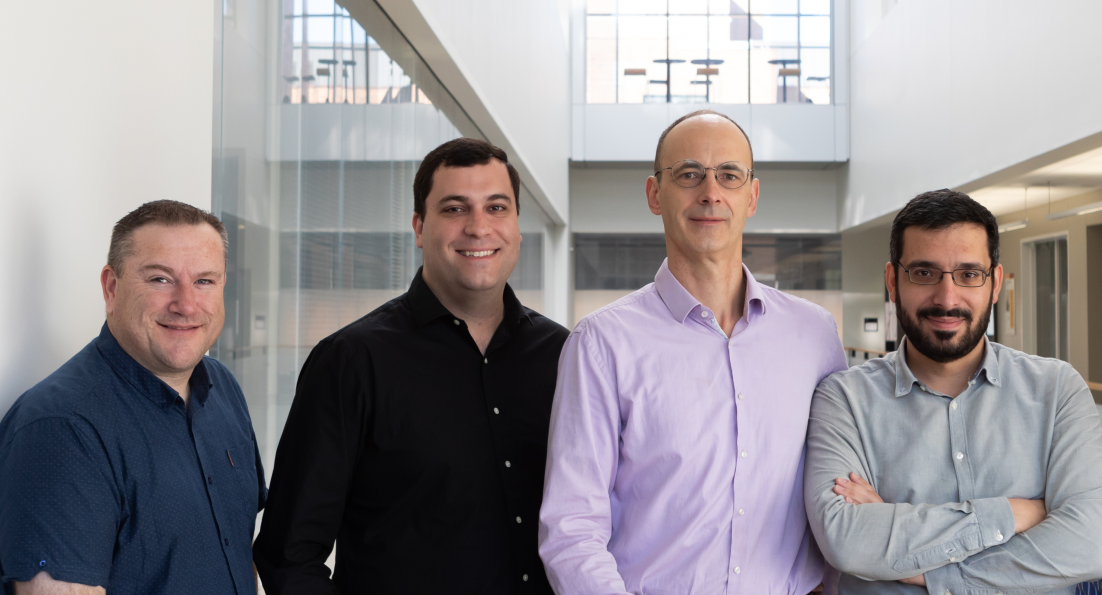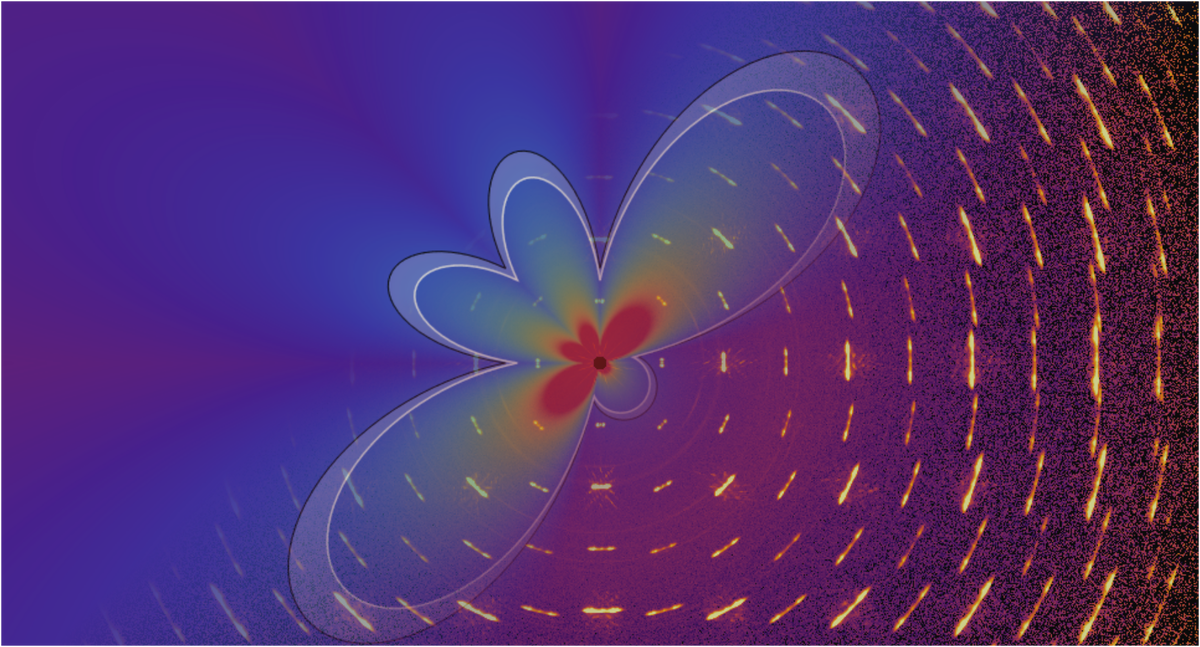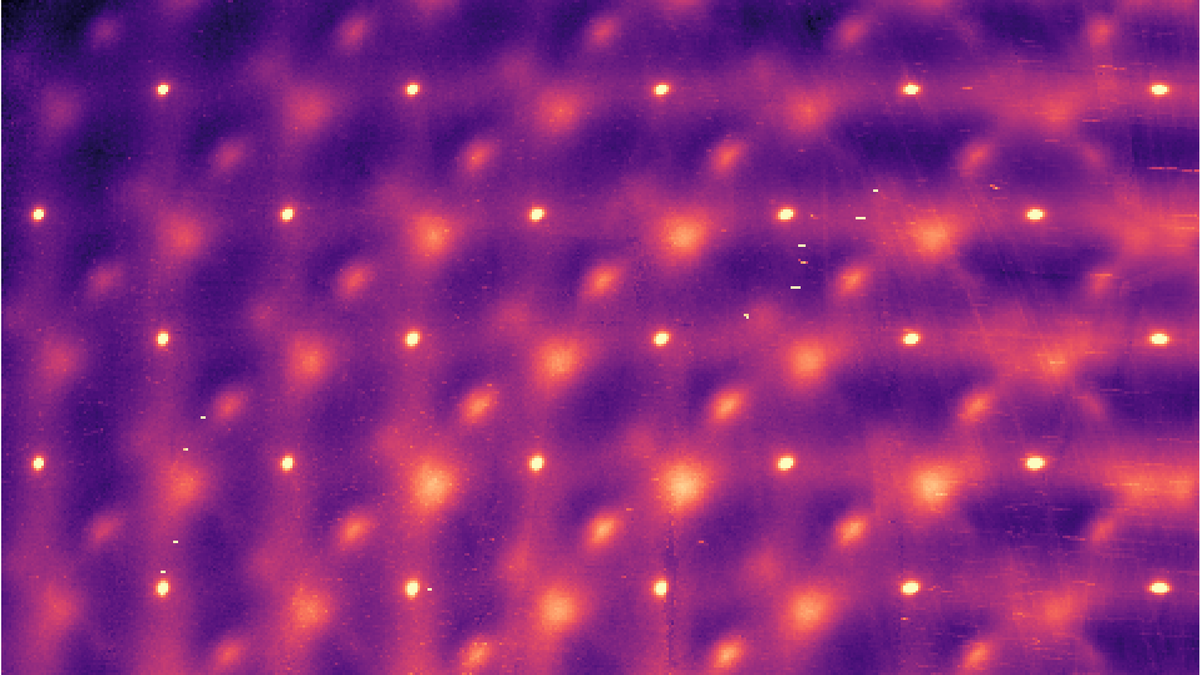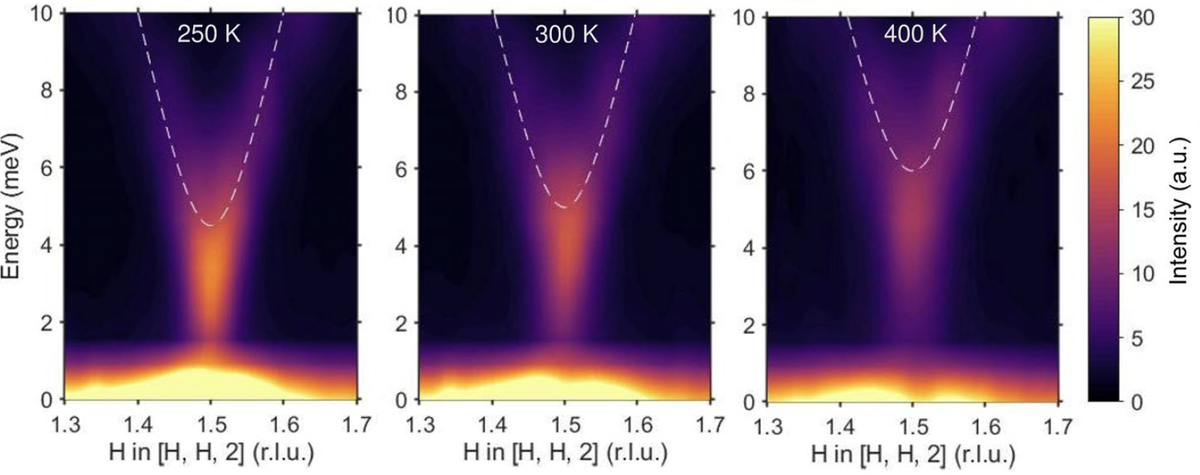The Center for Quantum Materials (CQM) started operation in August 2016 and is funded by the U.S. Department of Energy Office of Basic Energy Sciences. It brings together an interdisciplinary research team from the School of Physics and Astronomy and the Department of Chemical Engineering and Materials Science at the University of Minnesota to investigate the physics and materials science of quantum materials, especially complex oxides.
This materials class embodies many of the most fundamental contemporary questions pertaining to the quantum behavior of interacting electrons. At the same time, complex oxides are of high relevance to important technologies such as data storage, spintronics, sensing, catalysis and fuel cells. Their rich phase diagrams are intricate manifestations of the interplay between electronic kinetic energy and interactions, resulting in myriad quantum states (e.g., metal, insulator, density wave, unconventional superconductor, complex magnetic structure) that can be controlled by a variety of experimental control parameters (e.g., electronic filling, magnetic field, epitaxial and uniaxial strain, substitutional disorder, interstitial-oxygen order). The CQM’s goal is to substantially raise the level of knowledge of these distinct quantum electronic phases of matter and, critically, of the transitions between them that have proven so challenging to understand. The complex oxides investigated include perovskite titanates, cuprates, cobaltites, bismuthates, ruthenates, and metallic delafossites.
The CQM vision is to substantially advance the understanding of quantum electronic phases and phase transitions in these materials, thereby addressing multiple BES grand challenges. This is being achieved through the synthesis of exceptional quality model materials in both bulk and thin-film form, the application of cutting-edge neutron, x-ray, and other probes, the exploration of novel material control paradigms, and tight coupling to theory. Core unifying themes are the exploration of novel forms of strain control (both elastic and plastic) and advancement of the science and application of neutron scattering methods and instrumentation.
Funded by the Department of Energy under DE-SC0016371

